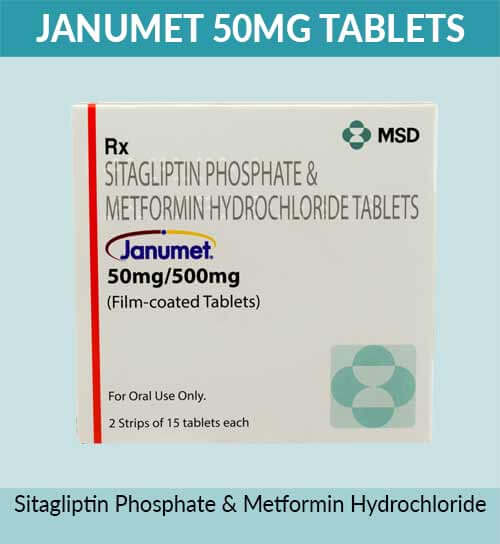Sitagliptin-Phosphate
Sitagliptin phosphate is a medication used in the management of type 2 diabetes. It belongs to a class of drugs called as dipeptidyl peptidase-4 (DPP-4) inhibitors. Sitagliptin phosphate works by increasing the levels of incretin hormones in the body, which helps to regulate blood sugar levels.
This medication is generally taken orally in the form of tablets. It is usually prescribed alongside a healthy diet and exercise to improve glycemic control in individuals with type 2 diabetes. The dosage may vary depending on individual factors such as kidney function and response to treatment.
Sitagliptin phosphate helps to lower blood sugar levels by stimulating the release of insulin from the pancreas and reducing the production of glucose by the liver. It also slows down the breakdown of incretin hormones, which results in increased insulin release and decreased glucagon secretion.
Common side effects of sitagliptin phosphate may include headache, upper respiratory tract infections, and stomach discomfort. Serious side effects such as pancreatitis or allergic reactions are rare but possible. It is important to inform a healthcare professional about any concerning symptoms experienced while taking this medication.
Sitagliptin phosphate may interact with other medications, so it is essential to inform the healthcare provider about all current medications, including over-the-counter drugs and supplements, before starting treatment.
In summary, sitagliptin phosphate is a DPP-4 inhibitor used in the management of type 2 diabetes. By increasing incretin hormone levels, it helps to regulate blood sugar levels. Close monitoring of blood sugar levels and regular follow-up with a healthcare professional are important for the safe and effective use of sitagliptin phosphate.

